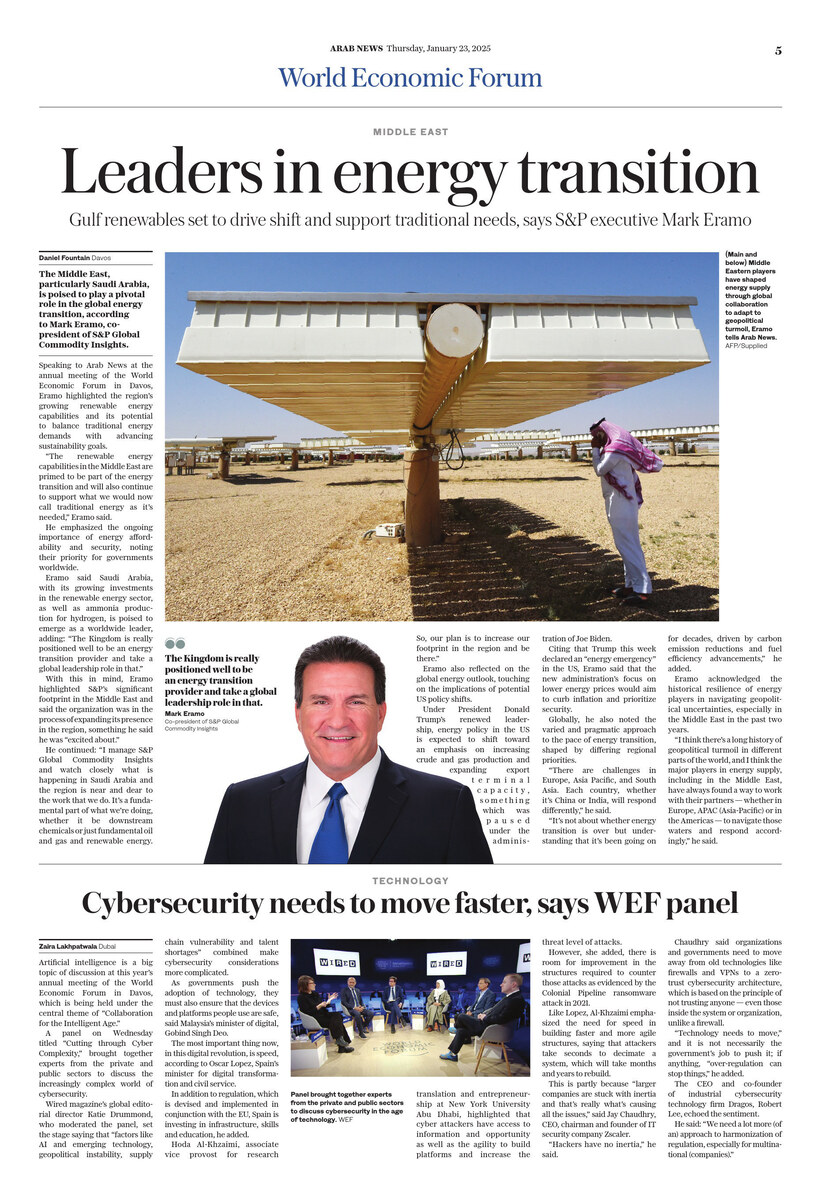LONDON: CNN is aware an alleged Syrian detainee might have given a fake identity, and are “continuing to investigate” the background of the detainee who appeared in a recent controversial report featuring correspondent Clarissa Ward, following widespread accusations on social media that the segment — which shows Ward freeing the detainees allegedly discovered accident — was staged.
On the other hand a CNN spokesperson defended Ward’s work by saying that “No one other than the CNN team was aware of our plans to visit the prison building featured in our report that day. The events transpired as they appear in our film.”
The footage, filmed on Dec. 12, shows Ward and her crew being led through a prison in Damascus by a man dressed in military clothing. Ward states that her crew were told to stop filming while their guide shot a lock to open a cell door. The video fades to black then resumes with the team entering a pristine-looking cell containing a single occupant.
The man, who identifies himself as “Adel Gharbal” from Homs, claims he has had no food or water for five days. He says he was arrested three months earlier after his phone was searched, yet he appears well-groomed and is dressed in clean clothes.
The report was greeted with skepticism online. Many people highlighted the spotless condition of the cell and the fact that the man seemed relatively clean and well.
Verify Sy, a Syrian fact-checking platform, later identified the prisoner as “Salama Mohammad Salama,” also known as Abu Hamza, a former first lieutenant in Syrian Air Force intelligence, who was reportedly imprisoned as a result of a dispute with a superior over extorted funds. It said he oversaw checkpoints in Homs and had participated in detentions, torture and extortion in the name of the Assad regime.
CNN told Arab News that Ward’s plan to visit the prison that day was known only internally by the broadcaster.
“The events transpired as they appear in our film. We reported the scene as it unfolded, including what the prisoner told us, with clear attribution. We have subsequently been investigating his background and are aware that he may have given a false identity,” said the spokesperson.
The decision to release the prisoner was made by the news crew’s guide, a member of a Syrian rebel faction, the spokesperson added.
Critics remain unconvinced, with Verify Sy questioning whether CNN had truly fallen victim to misinformation.
“As Syrians first and journalists second, we must ask: Did CNN deliberately mislead its audience to rehabilitate Abu Hamza’s image, or did it fall victim to misinformation?” the organization asked.
The report was also criticized for several questions it left unanswered, such as why the prison was apparently empty except for this one detainee, and why his behavior alternated between trembling fear and calm during the footage of his release.
Ward, who was in Damascus to search for American journalist Austin Tice, who went missing in Syria in 2012, has faced similar criticisms before.
During reports from Gaza, she was accused of exaggerating the danger after footage showed her ducking from supposed rocket fire while bystanders nearby appeared unaffected. And her claim that she was abducted in October by a militia in Darfur while covering the conflict in Sudan lacked corroborating evidence.
A community note with a link to Verify Sy’s findings has been added to CNN’s post promoting the prison video on social media platform X.
Syrian activists and civilians have described Ward’s reporting as disrespectful to the well-documented civil defense efforts in Syria, including those by the White Helmets, and harmful to the wider Syrian cause.






























